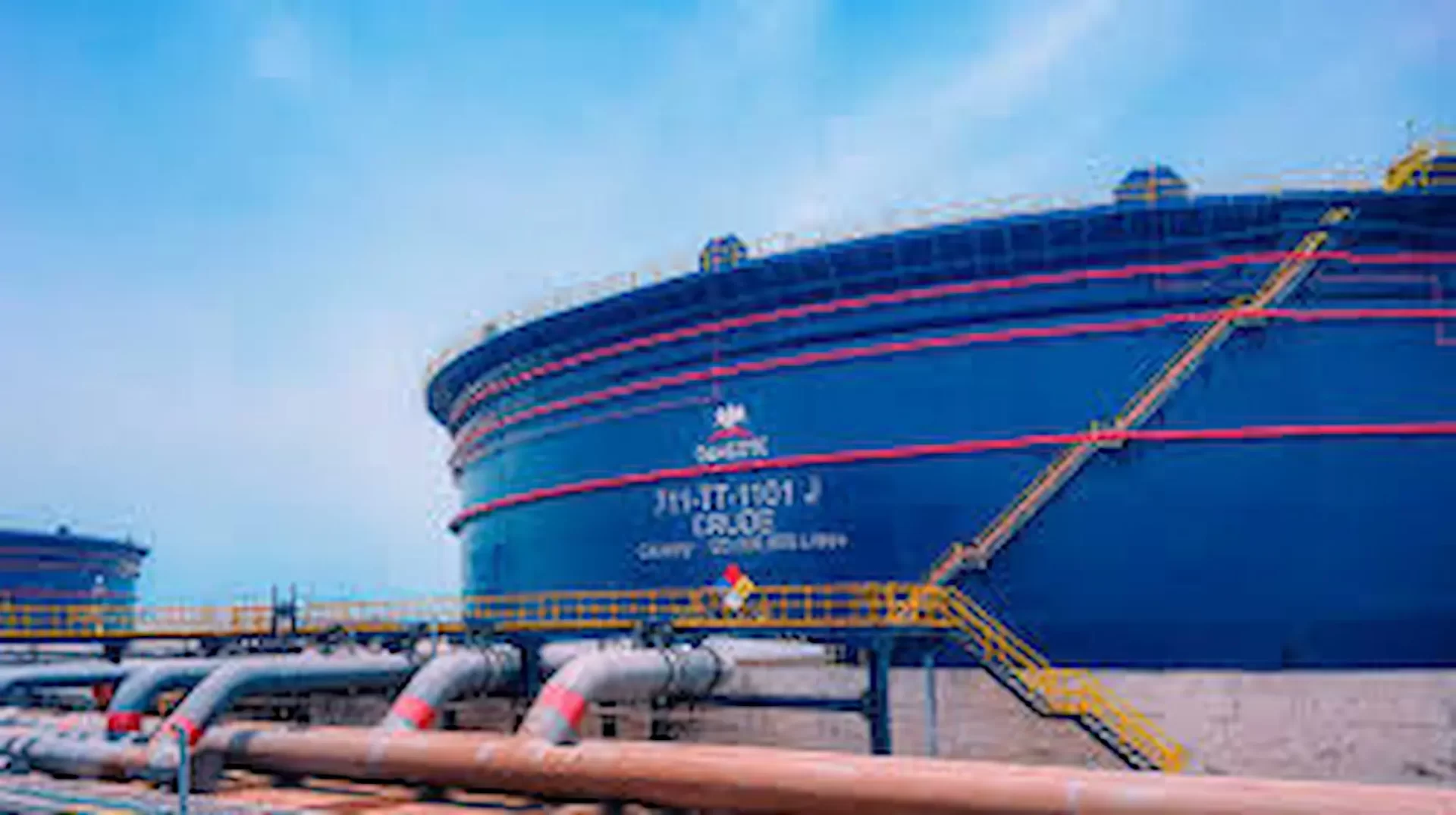Nigeria’s Dangote Picks Honeywell to Support Ambitious Refinery Expansion
By: NaijaEnquirer Staff
Nigeria’s Dangote Group has selected American industrial giant Honeywell to provide technology and services that will support its ambitious plan to double refining capacity to 1.4 million barrels per day (bpd) by 2028. The agreement marks one of the clearest indications yet that the company’s goal of building the world’s largest petroleum refinery is progressing rapidly.Under the partnership, Honeywell will supply catalysts and process equipment that will enable the refinery to handle a wider range of crude grades. This flexibility is considered critical to meeting the planned expansion in output, both companies confirmed on Tuesday.
As part of the deal, Dangote will also boost the annual production of polypropylene — a widely used industrial material found in plastic containers, car parts, and packaging products — to 2.4 million metric tons through Honeywell’s Oleflex technology licensing.
Though exact financial terms were not disclosed, industry insiders say the contract could exceed $250 million, depending on project complexity.
Nigeria remains Africa’s largest crude oil producer, yet has historically relied on imports for refined fuel due to non-functional government-owned refineries, resulting in fuel shortages, subsidy controversies, and severe pressure on foreign exchange reserves.
The Dangote refinery, situated in Lekki, Lagos, is expected to reverse the trend. At 650,000 bpd, it is already Africa’s largest and the world’s largest single-train facility. With a projected expansion to 1.4 million bpd, the facility could refine nearly all of Nigeria’s present crude output.
Last month, the company disclosed plans to add a second single-train unit to achieve the capacity increase within three years, backed by a $20 billion capital investment.
The alliance with Honeywell also arrives at a strategic moment for the U.S. company, which is splitting into separate business units and looking to consolidate revenue ahead of the carve-out of its lucrative aerospace division.
Industry experts say the collaboration could have far-reaching economic implications for Nigeria, including stabilizing domestic fuel supply, reducing foreign exchange pressures, and expanding Nigeria’s capacity for exporting refined products and petrochemicals.







